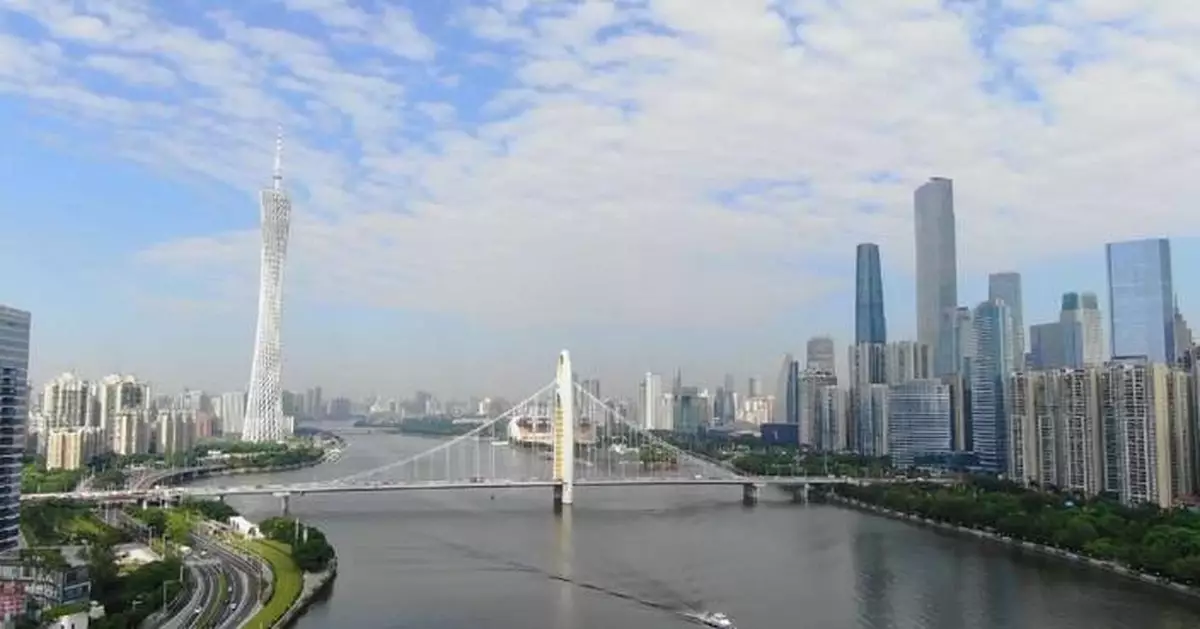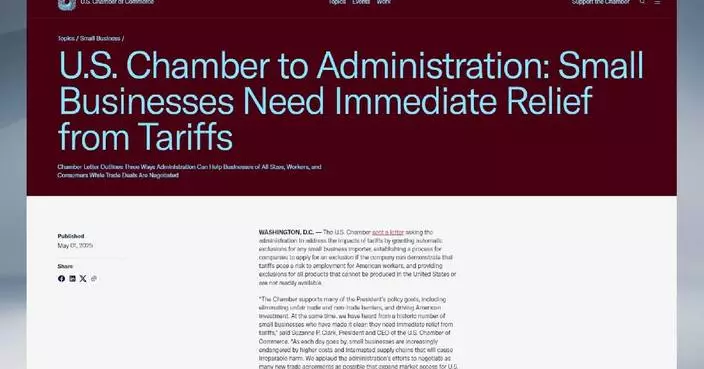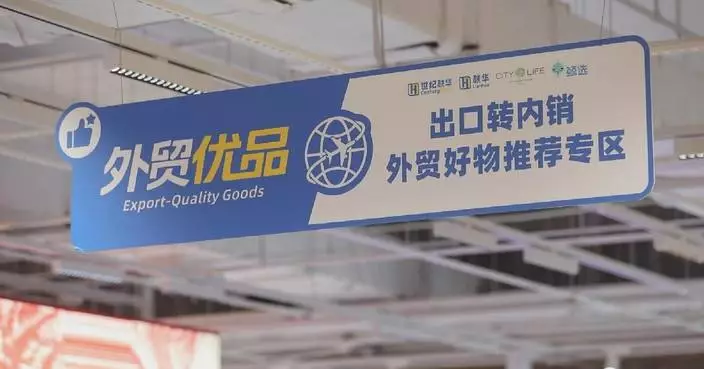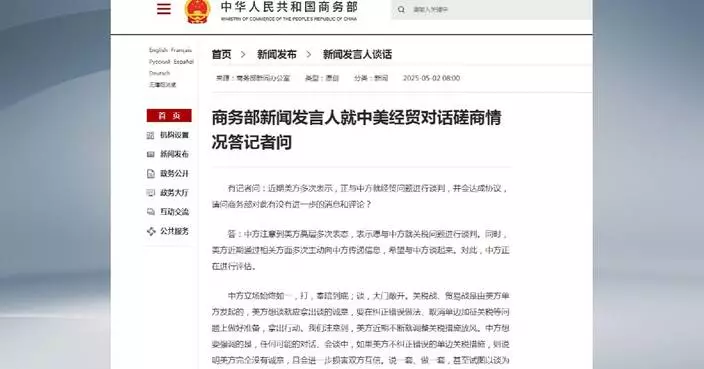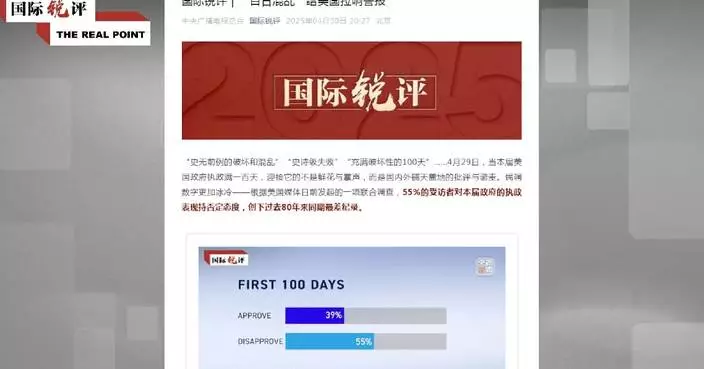China should take counter-cyclical policies including trimming interests rates to support its economy amid global uncertainties, said a Chinese expert in Beijing recently.
China's gross domestic product (GDP) grew 5.4 percent year on year in the first quarter of 2025, reaching 31.8758 trillion yuan (about 4.42 trillion U.S. dollars), the latest data from the National Bureau of Statistics (NBS) showed.
On a quarterly basis, the economy increased 1.2 percent in the first three months.
In the first quarter, the total value of imports and exports in goods reached 10.3013 trillion yuan (about 1.41 trillion U.S. dollars), a year-on-year increase of 1.3 percent.
Exports amounted to 6.1314 trillion yuan (about 840 billion U.S. dollars), growing by 6.9 percent.
Amidst the U.S. government's arbitrary imposition of tariffs, which has severely disrupted the global trade and economic landscape, this is a strong start which lays a solid foundation for hitting the annual economic targets.
Zhang Bin, deputy director of the Institute of World Economics and Politics under Chinese Academy of Social Sciences, attributed the robust economic performance to a slew of measures taken in September last year.
"The first driving force is related to a series of policies introduced after Sept. 26 last year such as interest rate cuts, the trade-in policy, and also the increased borrowing in the fourth quarter of last year and the first quarter of this year. Fiscal spending has also ramped up. All of these measures will help improve corporate cash flow and boost economic vitality. The second driving force is the decent export performance in the first quarter of this year. Exports, measured in RMB, grew by 6.9 percent, which provides a certain degree of support for the industrial sector and the overall economy. So, looking at the first quarter as a whole, the economy is on a recovery trajectory, and our policies are showing results," he said in an interview with China Central Television (CCTV).
Facing the tariff abuse of the U.S., the expert suggested using counter-cyclical policies to offset its impacts.
"In simple terms, counter-cyclical policies focus on two main areas. First, the central bank steps in to lower interest rates. Lowering interest rates affects millions of households, as our government, businesses, and residents all carry substantial debt. Once interest rates are reduced, the cost of that debt drops significantly," said Zhang.
He expounded that how such policies will help the economy tide over this external challenge.
"The essence of counter-cyclical policies is to boost people's disposable income and enhance their purchasing power. When domestic purchasing power increases, business opportunities grow, and so do employment opportunities. For businesses in struggling sectors, if they want to transform or pivot toward the domestic market, there will be more channels and space to do so. The same goes for employment. If someone loses a job in one area, they might find opportunities elsewhere. So first, we need counter-cyclical policies to boost domestic purchasing power and stabilize the broader economy," said the expert.
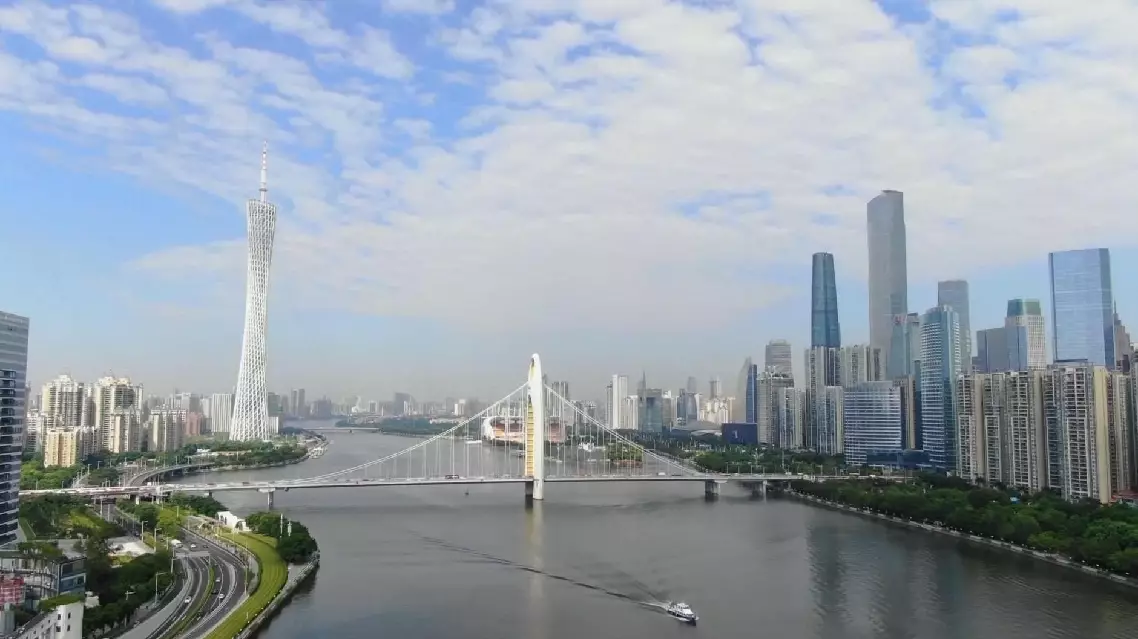
China needs to take counter-cyclical policies to defeat US tariff abuse: expert


